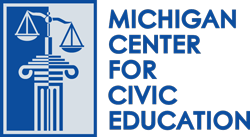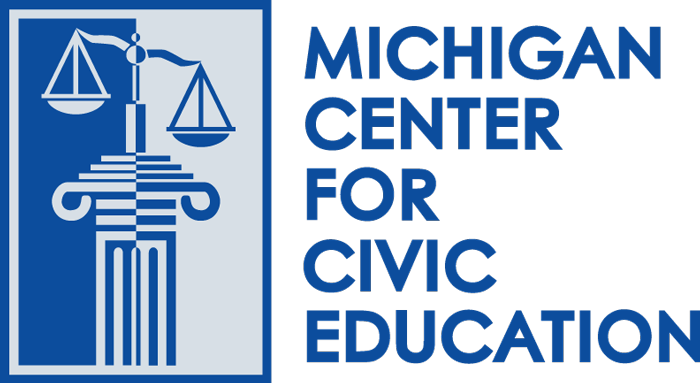Teachers
Although members of the community play an important role in law-related civic education, teachers are on the front line in educating youth to be active, engaged, responsible citizens.
MCCE strives to help teachers with this mission by:
- Providing an online civic education resource
- Expanding advocacy and outreach for civic education
- Maintaining and expanding professional development opportunities reflecting best practices
- Increasing opportunities for students to practice and engage in active citizenship.
The recently reissued Civic Mission of Schools report (PDF, 10MB) outlines six promising approaches and affirms the work of MCCE over the past thirty years.
- Formal instruction in government, history, law and democracy.
The report specifically urges dynamic and interactive teaching methods rather than “teaching by rote,” since drier methods may alienate students from politics. - Guided discussion of current local, national, and international issues and events.
The report urges discussion of issues students find personally relevant, conducted in a way that encourages multiple points of view. - Active learning experiences where students perform community service and/or service-learning.
The report urges giving students a role in choosing and designing volunteer activities; articulating explicit civic outcomes; linking service to curricular study; and providing opportunities and vehicles for critical reflection. These recommendations are in keeping with “best practice” principles in service-learning. - Co-curricular activities to foster engagement with schools and communities.
The report acknowledges that learning takes place within and beyond school walls, and it encourages extracurricular efforts to strengthen young peoples’ involvement in an array of social and civic institutions. - Student participation in school governance.
The report urges students to take an active role in the classroom and school governance matters as a means for practicing civic participation skills. - Student participation in simulations of democratic processes.
The report argues that engaging students in simulations of voting, trials, legislative deliberation, and diplomacy can lead to heightened political knowledge and interest.
MCCE can help teachers by providing professional development and resources to implement these promising approaches in classes and schools.


